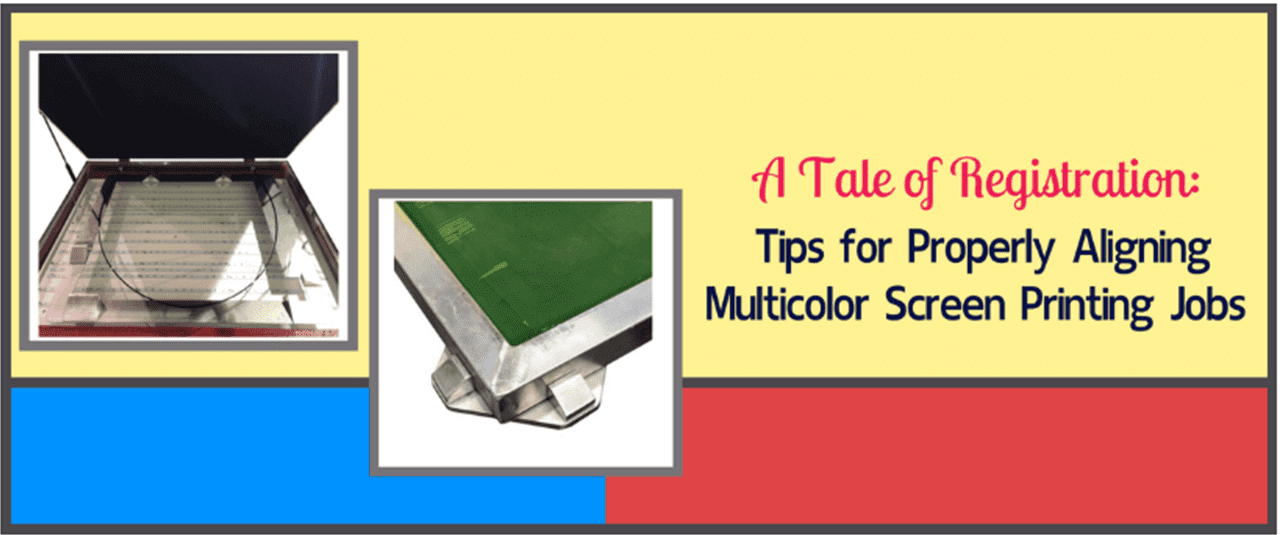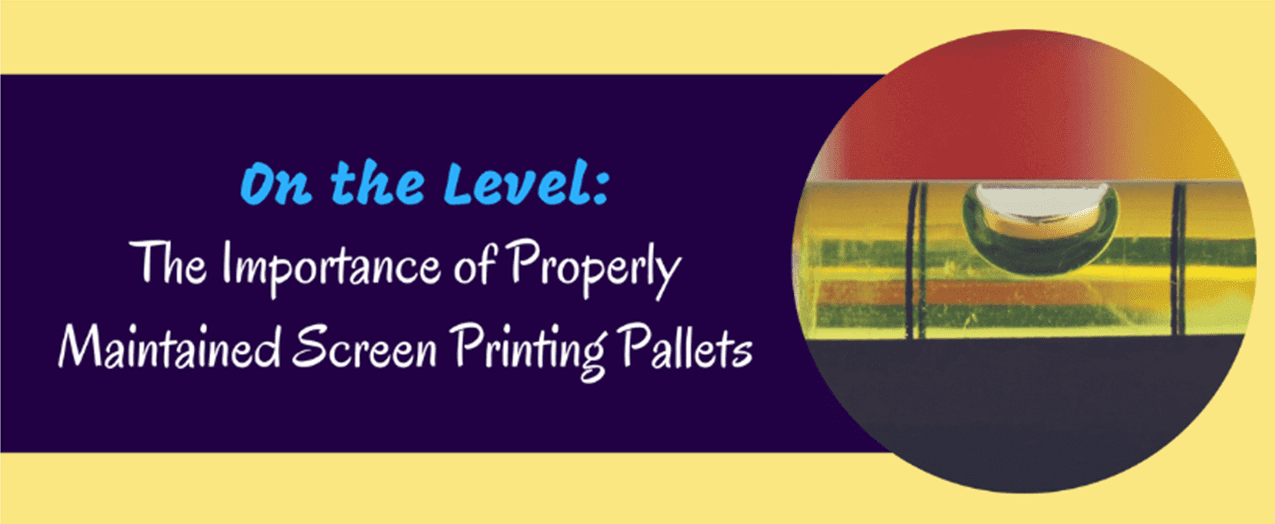

Revolucionando la industria de la serigrafía a través de tecnología de punta y servicio de calidad
Anatol Equipment Manufacturing Co.
1429 S Shields Dr
Waukegan, IL 60085


Revolucionando la industria de la serigrafía a través de tecnología de punta y servicio de calidad
Anatol Equipment Manufacturing Co.
1429 S Shields Dr
Waukegan, IL 60085

How much ink you lay down on your screen prints will depend on your individual print job and your substrate. Too much ink on your substrate can lead to prints that bleed beyond the stencil edge, soak through the substrate or fail to cure completely. Too little ink can make the print too light, affect […]
Leer más
Halloween is the perfect time to experiment with special effects inks, especially glow-in-the-dark ink. Glow-in-the-dark ink is a fun addition to any Halloween-themed design, but it also works great year round as an interesting accent or safety feature, or as an element for evening events like nighttime “glow” runs. As far as special effects inks […]
Leer más
Every screen printer knows that the demand has grown for prints with a soft hand and, often, for prints with a more subtle look. Adding water-based screen printing to your shop’s options can help you appeal to and capture customers who want the softer look and feel of water-based inks. If you’ve never used water-based […]
Leer más
We’ve said it before: A great screen print begins with great artwork. In a previous blog, we identified five common artwork mistakes that could be keeping you from getting the perfect print. Here are five more artwork mistakes to avoid in your screen printing shop. 1. Rushing the design process In a screen printing shop, […]
Leer más
The best screen printing results always begin with well-executed pre-press. It’s easy to think of your screen printing press as the backbone of your operation. But remember, a press can only deliver quality prints if it’s printing through quality screens. Your screens deserve as much attention as any other part of your setup, because no […]
Leer más
Different jobs are suited to different printing methods – is screen printing or pad printing more suitable for your project? Screen printing is probably the most well-known process for imprinting logos and custom designs on everything from t-shirts and sports shirts to promotional coffee mugs. There’s another option for laying down ink for custom designs: […]
Leer más
Looking for creative ways to break free from traditional screen prints? Give HD printing a try! High density screen printing can make any logoed or artistic print standout. Available in plastisol, gel and even water-based varieties, high density inks are laid down in a thick layer, and they cure with crisp, sharp edges to create […]
Leer más
Offering customized jackets is a benefit to screen printers, but printing them has some challenges to consider! Jackets provide great opportunity for screen printers. Jackets are a popular choice to complete a work uniform, and fall, winter and spring sports teams love to have coordinating jackets to wear on the road and on the sidelines. […]
Leer más
Creating and manipulating art can be one of the most time consuming parts of a screen printer’s day. Here’s how to make it easier! Where do you see a slowdown in your production process? If work isn’t flowing quickly through your screen printing shop, your business is losing time and money. While many screen printing […]
Leer más
A high quality multicolor screen print depends on tight registration – here are some ways to achieve it! This article was written for Printwearmag.com by Michael Jirasek Once upon a time… Some people viewed it as an art that could not be taught. To others it was a mystery that only a special few with “the eye” […]
Leer más
If you’re not careful about keeping your shop clean, you might be costing yourself time and money! A dirty shop can cause a host of problems: Lint marks in the ink on finished prints, time lost searching for the right can of ink or the right screen, spills that can cause slips, boxes left out […]
Leer más
While many factors determine the quality of your screen prints, it’s especially important not to overlook the condition of your pallets! This article was written for Printwearmag.com by Michael Jirasek It’s a part of the screen printing press that is known by many names – pallet, platen, shirtboard – to name a few of the more common descriptions. They’ve […]
Leer másYour message was successfully sent!